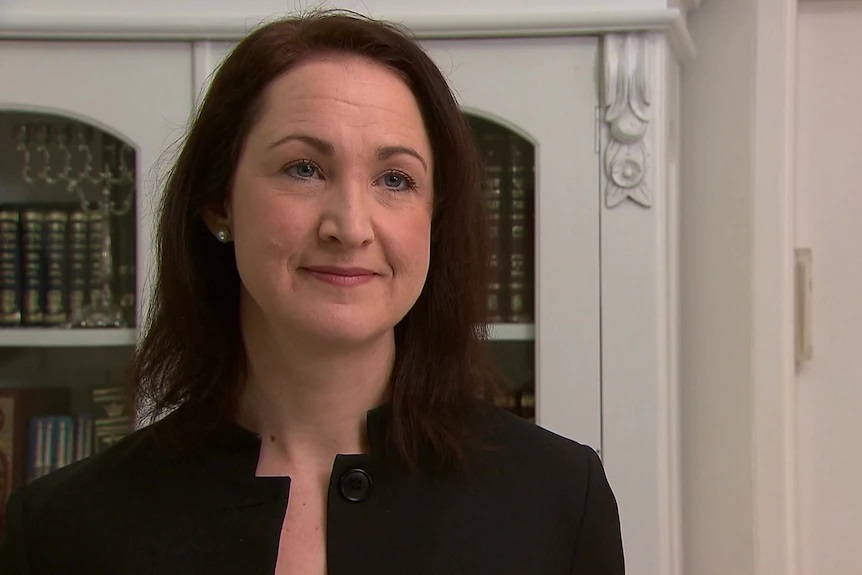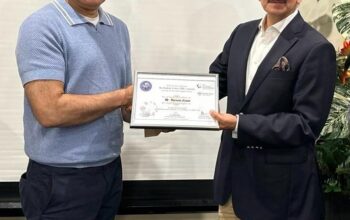Australia leads world-first DNA screening for cancer and heart disease risk
Melbourne researchers are leading a world-first DNA screening program, which they believe detect gene mutations before they develop into cancer.
It is hoped the lives of young Australians will be saved by the world-first study.
For Melbourne woman Chaya Goldman, early detection of her cancer was life-saving.

Goldman was just 26 when a test revealed she had a variant in the BRCA2 gene, which means she had a significant risk of breast and ovarian cancer.
She had no family history.
“You never really think it’s going to be you,” Goldman said.
Early discovery meant she had options and could undergo regular screening and even preventative surgery.
“It gave me the time to think about it without having to make drastic decisions straight away,” she said.
It’s why Monash University researchers want more Australians to have access to screening.
They are now recruiting 10,000 people aged 18-40 to undergo a saliva test at home.
The test is free and involves placing a saliva sample into a small tube received by mail and sending it back in a postage-paid envelope.
Those people considered high risk will receive genetic counselling about the next steps for prevention.
Monash University DNA screening program co-lead Jane Tiller said eligible registrants would be fully informed about possible outcomes before committing.
“We have worked hard to design an innovative, informative online consent process that ensures people understand the test they are having and the information they might receive,” she said.
“We expect to identify about one in 75 people at high risk of these diseases.
“Those found to be high risk won’t necessarily get the disease but pinpointing risk before symptoms appear enables prevention through regular check-ups, medication, or risk-reducing surgery. It could save their life.
“If successful, this approach could dramatically improve access to genetic testing on a wide scale and save countless lives across a range of conditions.”
Researchers are hopeful this type of screening will one day be publicly funded for everyone to ultimately save more lives.
“It’s easier to have yearly MRIs than to get cancer,” Goldman said.









